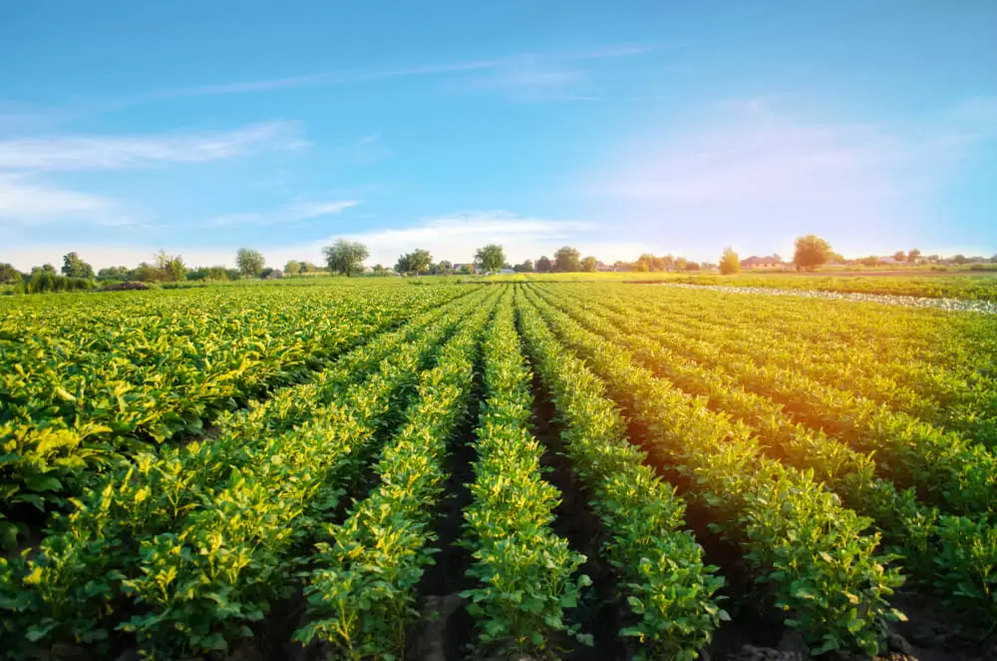With high yields (between 3.6-4 tonnes per hectare – some farms close to 5 tonnes per hectare) – due to favourable weather conditions, there is positive news from the major soybean growing regions of Brazil.
ProTerra Foundation – which audits and labels Non-GMO sustainable soybeans (and other crops) from Brazil and around the world – has published its latest market report on the “current Non-GMO scenario: up-to-date developments in Brazil”. It highlights the expected 2022/23 areas planted, yields and production of Non-GMO soybeans in Brazil per region and state, showing the evolution since 2021/22. It spotlights huge recoveries from a difficult previous season: Parana (a state in the south of the country, which has the second-largest Non-GMO soybean area in the country) has seen an outstanding season, with the current state production pegged at 82% higher than in 2021/2022 (of all soybeans). Mato Grosso, the largest Non-GMO production at the state level, has also seen an exceptional crop this year, with a historical record of 44.4 million tonnes (of all soybeans), producing more than the total crop in Argentina this season.
Non-GMO soy production
The total Non-GMO soybean production in Brazil this year is in line with projected volumes: initial traceable production stands at over 3.6 million tonnes and the total Non-GMO crop between 4-5 million tonnes (traceable production is based on conventional seed sales to farmers; the remaining 0.5-1.5 million tonnes refer to farmers who multiply the seeds on their farms, going under market radar).
Responding to the EU’s new legislation
In its report, ProTerra highlights how Brazil is responding to the EU’s new legislation on products linked to deforestation or degradation of forests. “Non-GMO suppliers in Brazil, operating under certified/IP programs for decades, have all the tools and protocols in place to comply with the new legal requirements” – states the report. It details actions taken so far by the new Brazilian government, signaling its determination to end deforestation in the country, such as reinstating all actions and law enforcement initiatives to protect the environment which were in place before the previous government came into power. Fines applied for environmental crimes have leapt up this year as have embargo acts.
Brazil’s Non-GMO soy bean market – not without challenges
ProTerra’s report adds to and reinforces some of key messages raised by some of the speakers from Brazil present at the International Non-GMO Summit, specifically concerns over the demand for Brazilian Non-GMO soybeans. The beginning of the year saw “market lethargy” from buyers, which meant many farmers sold their Non-GMO soybeans on the regular market without any Non-GMO premiums. Clear communication of demand is key to guarantee stable supply and to avoid volatility.
Emese Van Maanen, Managing Director or ProTerra, comments: “Brazil’s Non-GMO soybean farmers have rebounded after a tough year last year. 2023’s harvest looks set to be a bumper one. The country is on a path to ensuring compliance with EU deforestation-free laws and is determined to stamp out environmental crimes. At the European end, stable demand and fair premiums need to be ensured for Non-GMO, sustainable Brazilian soybeans so that this strong harvest has a market.”
“We were delighted to bring together partners from Brazil directly with key players from the European market at the International Non-GMO Summit in Frankfurt last month – as it’s through collaboration that we can build a stronger market for sustainable Non-GMO soy,” Emese continues.
